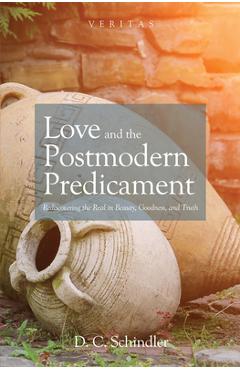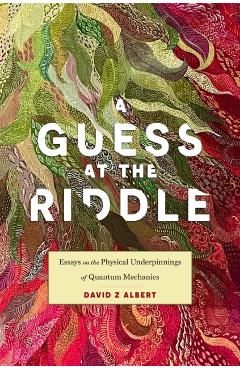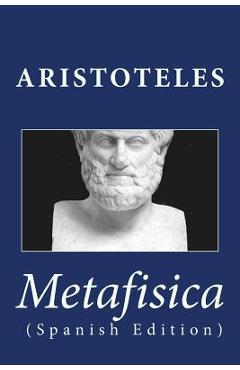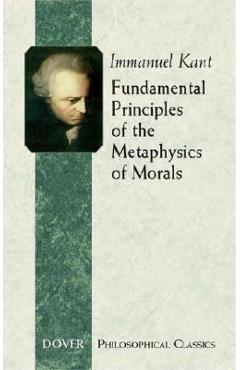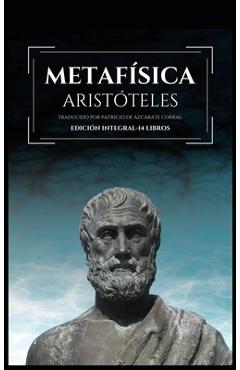The Metaphysical Foundations of Love

The Metaphysical Foundations of Love
The Metaphysical Foundations of Love: Aquinas on Participation, Unity, and Union offers a systematic treatment of St. Thomas Aquinas's account of the metaphysical relations of unity-to-union and unity-to-participation in God as the key structuring elements to the nature of love and friendship. In general, Aquinas identifies love as the source and summit of the life of each human being. Everything in the created realm issues forth from God's creative love, and the ultimate end of all human persons is the greatest possible union with God. Aquinas contends that the love of friendship allows for the greatest union between two persons; thus, the greatest union with God takes the form of friendship with him.
In addition to the grand metaphysical bookends of human existence, love also serves as the structuring notion of Aquinas's anthropology and practical philosophy. He characterizes much of human life in terms of three basic love relations: love of God, love of self, and love of neighbor. Love of self derives from personal substantial unity. It is logically prior to love of neighbor and serves as a template for the latter. If a person loves himself rightly, he will love others rightly. On the other hand, if he relates to himself through a disordered love, he neither can relate to others rightly nor enter into a deep union with them. Moreover, due to a person's metaphysical participation in God, a person loves himself properly only when he loves God more than himself. Thus, failing to love God appropriately entails an inability to relate to others with a fully developed love. Conversely, the love of God positions a person to relate to others with an authentic love and enter into the union of friendship with them. The volume concludes with a look at personal subjectivity in light of the previous analyses.
PRP: 343.09 Lei
Acesta este Pretul Recomandat de Producator. Pretul de vanzare al produsului este afisat mai jos.
308.78Lei
308.78Lei
343.09 LeiIndisponibil
Descrierea produsului
The Metaphysical Foundations of Love: Aquinas on Participation, Unity, and Union offers a systematic treatment of St. Thomas Aquinas's account of the metaphysical relations of unity-to-union and unity-to-participation in God as the key structuring elements to the nature of love and friendship. In general, Aquinas identifies love as the source and summit of the life of each human being. Everything in the created realm issues forth from God's creative love, and the ultimate end of all human persons is the greatest possible union with God. Aquinas contends that the love of friendship allows for the greatest union between two persons; thus, the greatest union with God takes the form of friendship with him.
In addition to the grand metaphysical bookends of human existence, love also serves as the structuring notion of Aquinas's anthropology and practical philosophy. He characterizes much of human life in terms of three basic love relations: love of God, love of self, and love of neighbor. Love of self derives from personal substantial unity. It is logically prior to love of neighbor and serves as a template for the latter. If a person loves himself rightly, he will love others rightly. On the other hand, if he relates to himself through a disordered love, he neither can relate to others rightly nor enter into a deep union with them. Moreover, due to a person's metaphysical participation in God, a person loves himself properly only when he loves God more than himself. Thus, failing to love God appropriately entails an inability to relate to others with a fully developed love. Conversely, the love of God positions a person to relate to others with an authentic love and enter into the union of friendship with them. The volume concludes with a look at personal subjectivity in light of the previous analyses.
Detaliile produsului









